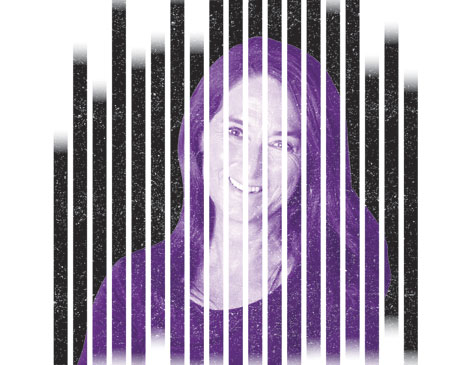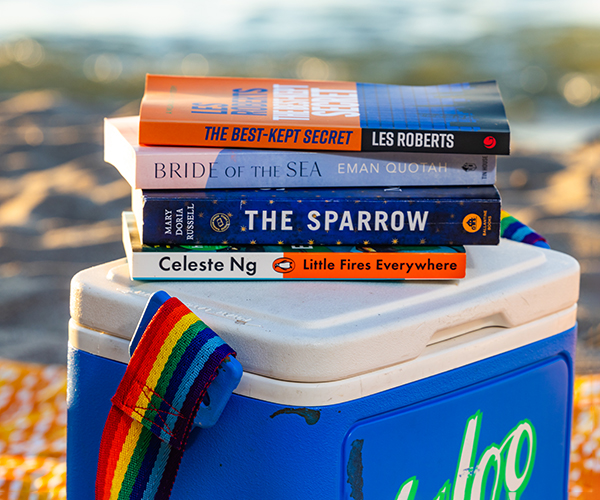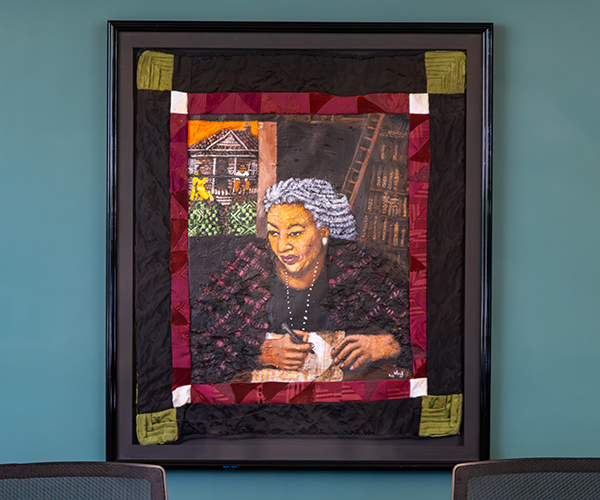Joanna Connors, The Plain Dealer's film critic, was on her way to an assignment at Case Western Reserve University in 1984 when she was raped. Although the man who did it was caught and sentenced 30 to 75 years, Connors continued to live in her own prison of fear, convinced that he would escape and come after her.
"If I have to go to prison, I'll miss you," he had told her after the assault. "And when I get out, I'll find you."
Connors, whose meditative memoir I Will Find You (Atlanta Monthly Press, $25) debuts April 5, tried to go on with her life as best she could. But during a college visit with her daughter in the mid-2000s, Connors suffered a minor panic attack — brought on by a discussion of campus safety.
She wanted to regain control, and the only way was to understand her rapist.
"I had the hope that I'd be able to interview him and see what the intervening years had done to him and take a really hard look at what the intervening years had done to me," Connors says. "I was hoping that by gaining an understanding of everything that led up to [the rape] and everything that happened afterward, I would have less fear."
Early in her research, Connors learned her rapist died of unspecified Hodgkin lymphoma in prison in 2000. "I felt both relieved and disappointed," she says.
In need of healing, she kept digging. Her trek through his past took her from the slums of Boston to the streets of Hough. She learned from the rapist's sisters that their father had been a pimp and her attacker had once tried unsuccessfully to kill him. "The process made him scarier to me, but I also ended up with sympathy for him oddly," she says.
In 2008, Connors profiled her journey in a series for The Plain Dealer. Literary agents began calling. It took three more years, however, before Connors felt ready to revisit the story.
One of the hardest parts of writing was seeing how the rape had affected her family.
"My sisters and my ex-husband all felt guilty about my internal struggles, which made me feel really emotional," she says.
The book also forced Connors to view herself more kindly. "I am still a fearful person," she says. "But I don't beat myself up for my fears anymore."




